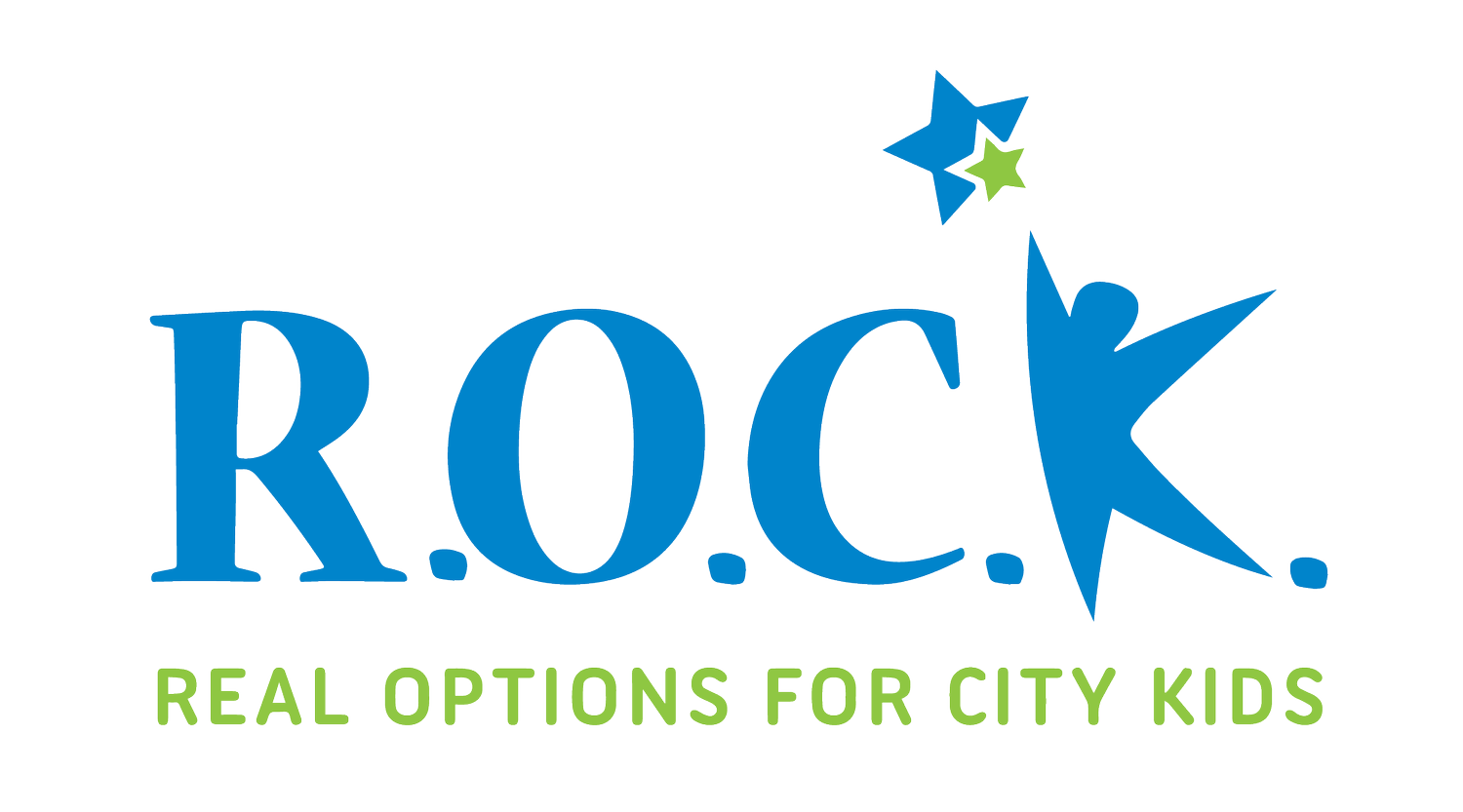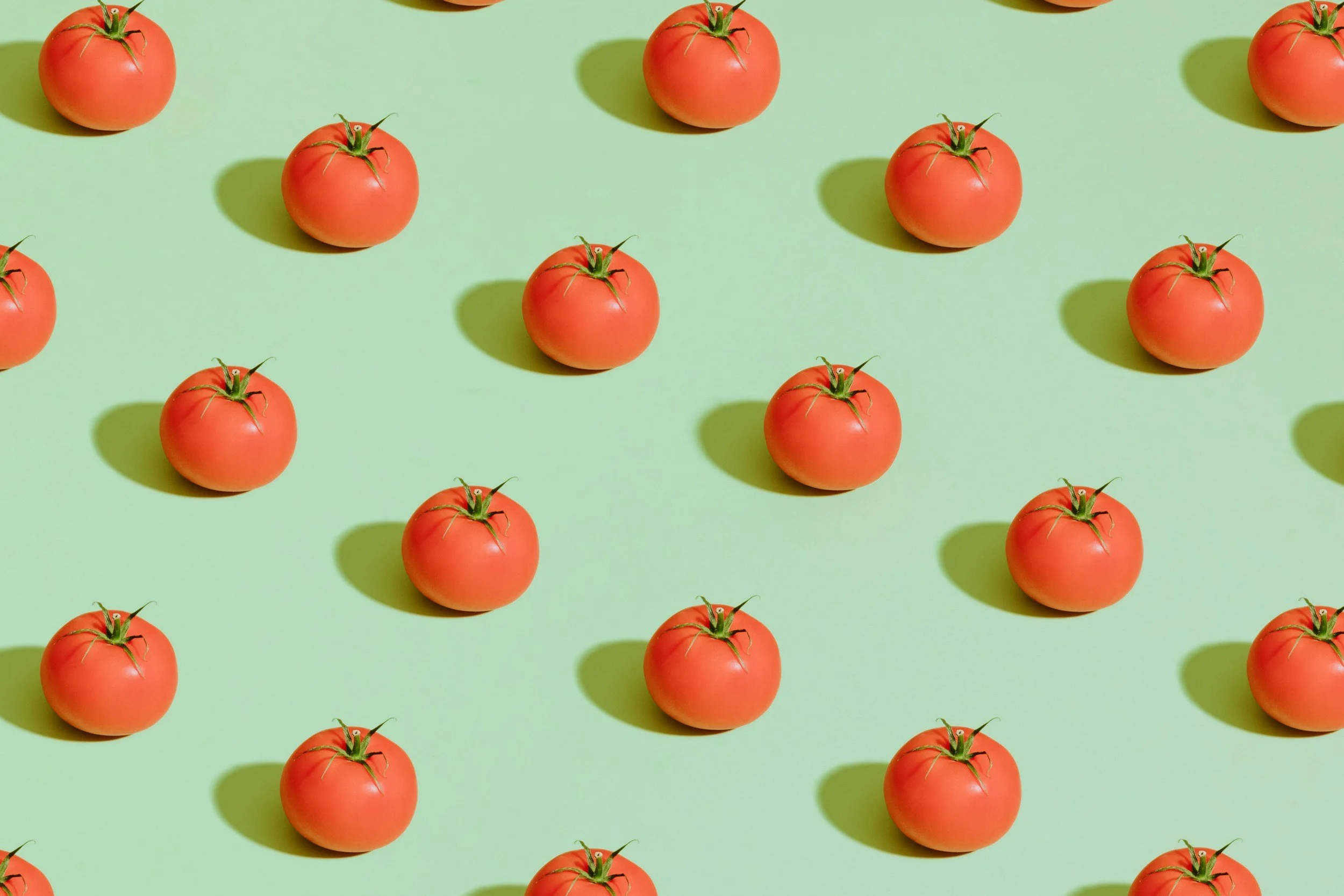
Seventh - Eigth Grade
Developmental Characteristics
Physical
May appear awkward as result of rapid physical growth
Experiencing the beginning of puberty
Differ greatly in rate of maturation
Need to become familiar with changing body with strong drives
Tend to tire easily
Have a high activity level and appetite
Enjoy cooperative games and competitive sports
Social Emotional
Sensitive to their appearance
Establishing a personal moral code
Unsure of their place in society
Depend on their peer group to develop identity
Critical of their parents and home
May adopt extremes and fads in clothing, speech, handwriting, and mannerisms
Form close one-on-one friendships
Enjoy small, peer-dominated group discussions
Have a strong desire to assert individuality and independence
Cognitive
Capable of high level of abstract thought
Beginning to think about their future life roles
Need time and freedom to engage in self-reflection
Are able to postpone gratification
Can plan ahead and organize tasks with little or no guidance from adults
Beginning to develop views about social issues
What is Happy?
Students reflect on what happiness means to them individually and collectively, then collaborate to create a shared classroom vision of happiness.
How We View Others
Students explore their perceptions of others and themselves through guided reflection using game-based prompts to build empathy and self-awareness.
World Changers
Students imagine a better world by creating and presenting actionable ideas for helping others through a poster exhibition.
My People Poem
Students reflect on their identity and heritage by writing personal poems inspired by Langston Hughes’ My People.
Girls vs. Boys
Students examine and challenge gender stereotypes by analyzing outdated messages and creating modern comics that promote gender equality.
Freeze Frame
In this interactive drama-based lesson, students act out and resolve realistic conflicts to practice problem solving, teamwork, and honoring group agreements.
Charity and Justice: What’s the difference?
Students explore the difference between charity and justice by identifying root causes of societal problems and proposing systemic solutions to address them.
Tanya Tomato
In this lesson, students practice self-confidence and relationship building by sharing their name and a personal interest using alliteration in a fun, interactive circle activity.
Life Doesn’t Frighten Me At All
Students explore the theme of fear and courage through Maya Angelou’s poem Life Doesn’t Frighten Me, then create art that reflects what they care about and what helps them face their fears.
My Vote Counts (We Do It For The Culture)
Students explore how emotions like frustration, hope, and anger influence civic engagement by analyzing perspectives on voting, reflecting on community issues, and identifying actions they can take to advocate for change.
Safe Spaces (We Do It For The Culture)
Students explore the power of spoken word to build safe spaces by analyzing CHIKA’s poetry, reflecting on their classroom culture, and committing to actions that foster respect, inclusion, and expression.
Courageous Acts (We Do It For The Culture)
Students will explore their family history, reflect on examples of courage in their lives and communities, and identify ways to grow their own courage, inspired by Palestinian rapper Belly’s immigrant experience.
Self Care Cypher (We Do It For The Culture)
Students will explore the connection between mental health and overall well-being through the six dimensions of wellness and set personal goals to support their holistic self-care.
Celebrating Black History & Creating Black Futures (We Do It For The Culture)
Students explore the concept of “freedom dreaming” by reflecting on Black history and envisioning a future shaped by justice, creativity, and collective joy.
Muralistas
Students work together to create a mural that illustrates community values, using art and reflection to explore what it looks like to practice—or not practice—those values.
Why do we (still) celebrate Columbus Day? (Learning For Justice)
In this lesson, students will address misconceptions they likely have about Christopher Columbus and the colonization of what is now the United States.
What’s so bad about “That’s so gay”? (Learning For Justice)
Almost every teacher has heard students use the expression, “that’s so gay” as a way of putting down or insulting someone (or to describe something). These lessons will help students examine how inappropriate language can hurt, and will help them think of ways to end this kind of name-calling.
Eliminating Impostor Syndrome (We Do It For The Culture Lesson)
In this interactive lesson, middle school students explore the concept of impostor syndrome through video, music, and discussion, while building self-awareness, affirming personal strengths, and creating personalized “positivity playlists” to combat self-doubt.






















